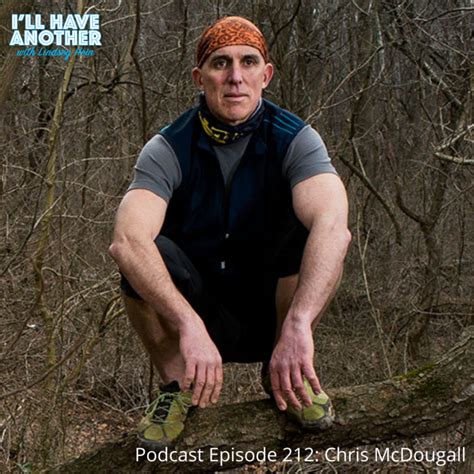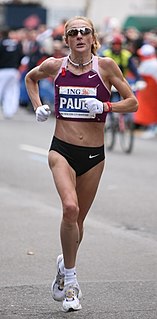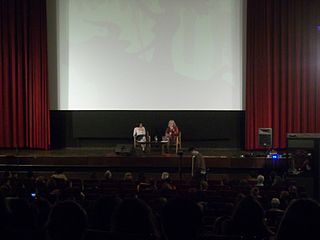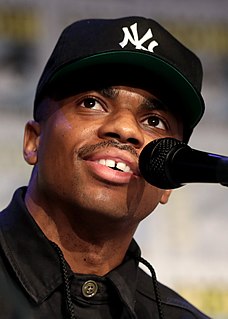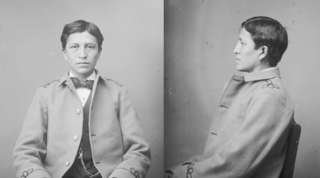A Quote by Christopher McDougall
Endurance, after all, is the only reason we even exist. We think of ourselves as nature's deadliest animals, but the truth is, a naked human is the biggest wimp in the wild. We have no fangs, no claws, no strength, and no speed.
Related Quotes
A wealth of knowledge is openly accessible in nature. Our ancestors knew this and embraced the natural cures found in the bosoms of the earth. Their classroom was nature. They studied the lessons to be learned from animals, knowing that much of human behavior can be explained by watching the wild beasts around us. Animals are constantly teaching us things about ourselves and the way of the universe, but most people are too blind to watch and listen.
Hear and attend and listen; for this is what befell and be-happened and became and was, O my Best Beloved, when the Tame animals were wild. The dog was wild, and the Horse was wild, and the Cow was wild, and the Sheep was wild, and the Pig was wild -as wild as wild could be - and they walked in the Wet Wild Woods by their wild lones. But the wildest of all the wild animals was the Cat. He walked by himself and all places were alike to him
These slender little people (Homo Habilis), the size of modern 12 year olds, were devoid of fangs and claws and almost certainly slower on foot than the four legged animals around them. They could have succeeded in their new way of life only by relying on tools and sophisticated cooperative behavior
Only to the white man was nature a "wilderness" and only to him was the land "infested" with "wild" animals and "savage" people. To us it was tame. Earth was bountiful and we were surrounded with the blessings of the Great Mystery. Not until the hairy man from the east came and with brutal frenzy heaped injustices upon us and the families that we loved was it "wild" for us. When the very animals of the forest began fleeing from his approach, then it was that for us the "Wild West" began.
English literature, from the days of the minstrels to the Lake Poets,--Chaucer and Spenser and Milton, and even Shakespeare, included,--breathes no quite fresh and, in this sense, wild strain. It is an essentially tame and civilized literature, reflecting Greece and Rome. Her wildness is a greenwood, her wild man a Robin Hood. There is plenty of genial love of Nature, but not so much of Nature herself. Her chronicles inform us when her wild animals, but not the wild man in her, became extinct.
